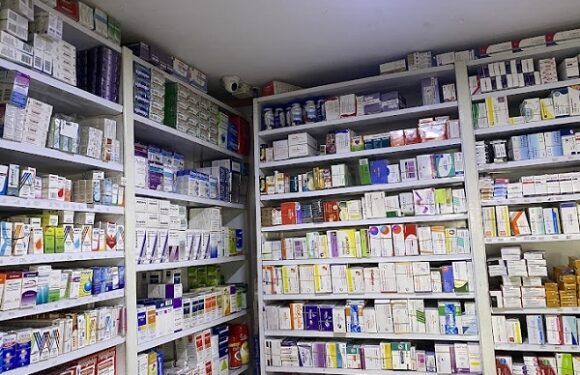Price Reductions of 5% to 15% Take Effect Immediately
Pharmaceutical manufacturers in Ghana have announced immediate price cuts on selected locally produced medicines, following the recent significant appreciation of the Ghanaian cedi against the US dollar.
The Pharmaceutical Manufacturers Association of Ghana (PMAG), which represents local drug producers, confirmed that prices will be reduced between 5% and 15%, reflecting lower production costs due to the stronger cedi.
The resolution was unanimously adopted at the association’s general meeting on June 12, 2025, and is aimed at easing the financial burden on consumers while improving access to essential medicines.
Impact of Cedi Appreciation
Dr. Samuel Tobbin, President of PMAG, explained in a statement that the local industry imports most of its raw materials and packaging supplies. The strengthening of the cedi—from GH₵16 to the US dollar in March to GH₵10.26 in June—has significantly reduced import costs, which has translated into lower production expenses.
Read Also: GES sets May 2026 for BECE as part of new academic year calendar
“The decision to pass on these savings to patients and consumers aligns with our commitment to promoting access to affordable and essential medicines,” Dr. Tobbin stated.
The association has formally communicated its decision to the Parliamentary Select Committee on Trade, Industry, and Tourism.
Economic Context and Persistent Industry Challenges
PMAG attributed its decision to broader positive macroeconomic indicators, including the declining inflation rate—from 22.4% in March to 16% in June—and government efforts to stimulate growth through easing monetary policies and fiscal discipline.
However, the association warned that certain industry-specific challenges continue to affect overall production costs. These include:
- Delayed Payments: Many pharmaceutical companies supply government health facilities and are often reimbursed months later via the National Health Insurance Authority (NHIA), limiting immediate cash flow.
- High Financing Costs: The prevailing Ghana Reference Rate stands at 23.8%, increasing borrowing costs for manufacturers.
- Legacy Inventory: Some production inputs were purchased when the cedi was weaker, around GH₵16 to the dollar, affecting immediate price flexibility.
- Port and Logistical Costs: Ongoing high operational costs at ports and logistics chains add to the production burden.
PMAG’s Assurance to Consumers
Despite these challenges, PMAG assured the public of its commitment to collaborate with government agencies and stakeholders to ensure that the price reductions are sustainable.
“As Ghana maintains a free pricing policy, we will continue to engage members to ensure that affordable, safe, and effective medicines remain accessible to all,” the statement concluded.

























